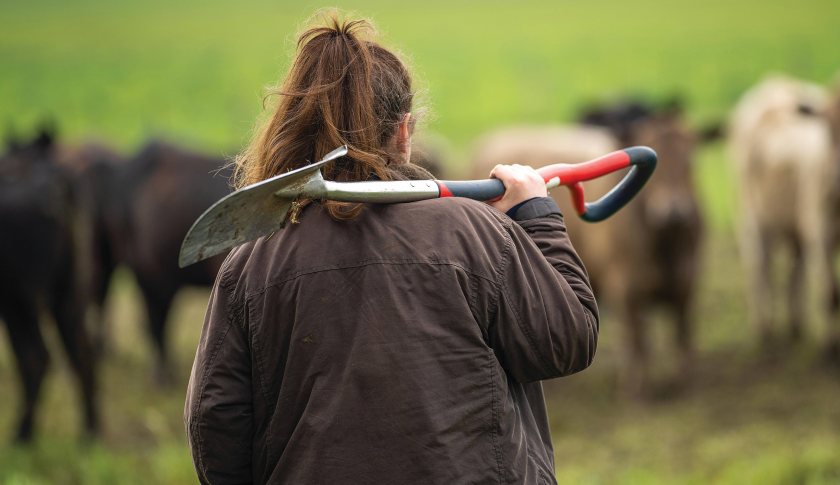
Banks need to 'radically rethink' how they support farmers to shift to farming systems that prioritise climate and nature, a new report has said.
The study, which spoke to over 100 farmers, revealed an absence of financial solutions and advice that recognises the complexity of the transition.
It found that most farmers think financial and business risks are barriers to a transition to agroecological systems, but access to lending itself was not seen as the primary barrier.
Instead, farmers highlighted the need for flexible and preferential terms on either new or existing lending, which would give them the capacity to navigate transition without financial risk to their business.
This flexibility, combined with long-term business advice, was seen as essential for a successful transition, according to the study.
The research was led by Soil Association Exchange, which is backed by the Soil Association, with support from the Green Finance Institute and the British Business Bank.
Soil Association Exchange chief executive, Joseph Gridley said supporting farmers was not just a job for government.
"This research shows that while farmers are ready and willing to make changes to address climate and nature, financial barriers remain a major obstacle.
"Importantly, however, farmers are not simply looking for new loans. They need the lending flexibility and business support from their bank to help them through the transition because they cannot burden the financial risk.
“It is clear that banks and development finance institutions have a critical role to play in helping farmers manage the risks associated with transitioning to more sustainable systems."
The research concluded with a call for the development of ‘Nature Transition Finance’ products that recognise the financial risks associated with agroecological transitions.
These solutions would offer flexible financial products, such as preferential lending terms that for example give payment flexibility during the transition period.
Farmers felt this should be seen as a package of transition support, combining financial and farm advice being delivered hand-in-hand with financial products.
What are the key findings?
• 66% of farmers said they agree that financial and business risks are barriers to transitioning to farming systems that prioritise climate and nature.
• 59% view conventional farming systems as an ‘insurance’ policy, meaning they feel locked into a system that they know, even though the system is not resilient to climate impacts or fluctuating input costs.
• 56% said they agree that they lack the financial flexibility needed for experimentation and learning during the transition process.
• 76% of farmers ranked improving soil health among their top five reasons for transitioning.
• 63% pointed to the visible return of nature as a key advantage among their top five reasons for transitioning, and second to soil health.
